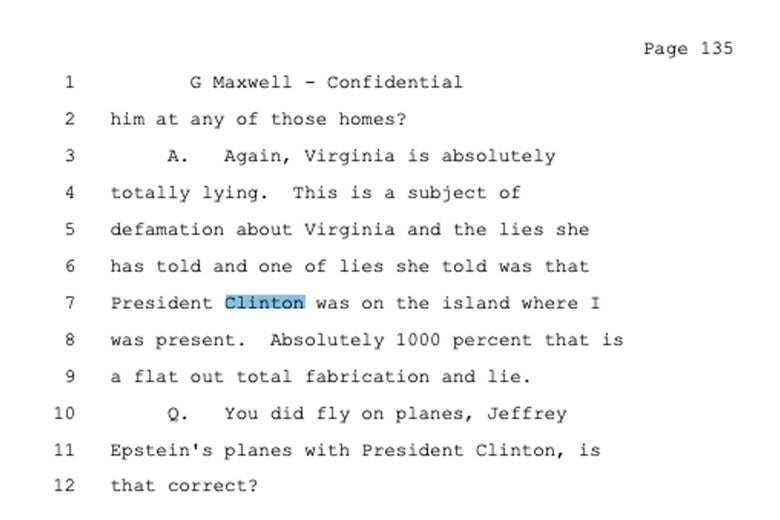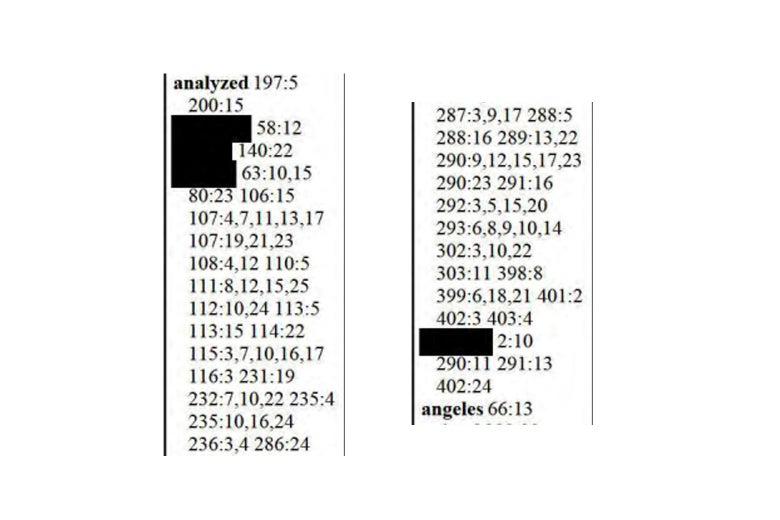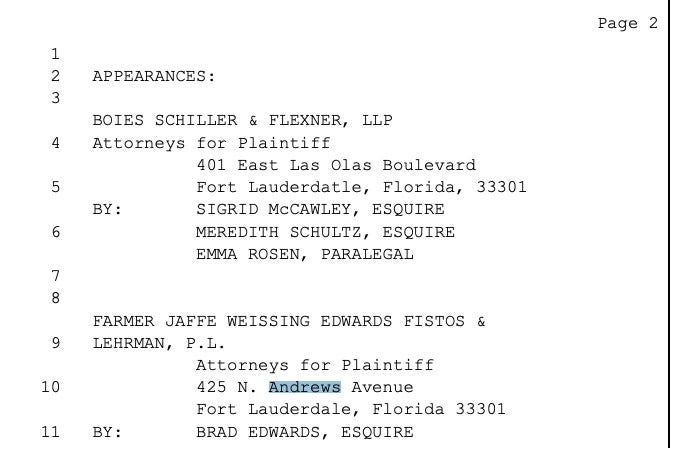Ed. note: Litigation finance is transforming the fields of both law and finance. To help our readers gain a better understanding of what litigation finance entails, we’ve partnered with Lake Whillans to present an ongoing series detailing how litigation funding works, its pros and cons, and its past, present, and future.
Much of the discussion of litigation finance naturally focuses on the underwriting phase of the funding process. We’ve written previously about the variety of flavors of litigation finance deals and the fact that it’s never too early or too late to seek funding. We’ve also discussed the pricing that a claimholder should expect in negotiating a litigation funding agreement.
But what about when all the terms have been agreed and both claimholder and funder have signed the funding agreement? What role does the funder play? Who controls settlement? What type of interaction should a claimholder expect to have with the funder on an ongoing basis? And how do the mechanics of funding work? How does the money flow both for covering litigation expenses and for dividing the proceeds from a successful claim? Lake Whillans has seen many litigation funding investments through to their conclusion, and although each case has unique elements, there are some standard practices.
Control Over Settlement and Strategy
Unless the funder has acquired the claim in its entirety, generally the funder has no right to control the litigation, and an experienced and reputable funder will not normally attempt to direct case strategy. For example, the funder should generally not have the contractual right to dictate things like what motions to file or not file, arguments to make or not make, experts to retain or witnesses to call. A good funder is in the business of making investments and not litigating cases, and will let the lawyers do the litigating. A typical Lake Whillans funding agreement will disclaim all rights to direct or control the conduct of the litigation. (Whether the funder’s non-binding input is requested is a matter of preference and is discussed below).
Most importantly, in a Lake Whillans transaction, the claimholder generally retains full freedom to decide whether to accept any settlement offer. While most funders operate this way, some may nonetheless include punitive economic terms or “hammer terms” if settlements that are beneficial to the funder are rejected by the claimholder.
Because settlement control will lie with the claimholder, it’s important to make sure funder and claimholder incentives are aligned throughout the litigation and especially with respect to settlement offers. Funders seek to avoid the situation where the claimholder is incentivized to reject a fair settlement offer because the funder is the only one who will be paid from the settlement. For example, Lake Whillans would be unlikely to fund a case if a reasonable settlement is only $5 million, and the claimholder is seeking an investment of $3-4 million. In that scenario, a $5 million settlement would likely be almost entirely used to satisfy obligations to Lake Whillans and thus the claimholder would have no reason to accept that settlement, potentially taking unwarranted risk. As part of the diligence process, Lake Whillans estimates and discusses with the claimholder what a reasonable settlement might be and only makes an investment if the economic terms of the deal allow the claimholder to share the benefit from such settlements.
Communication With Claimholders
Claimholders and counsel often wonder (worry over) the role the funder will play once a case is funded. While ongoing communication is to be expected, funders like Lake Whillans will not play an intrusive role. At a minimum, the funding agreement will specify that the funder has a right to information about the progress of the case and to be informed of any major developments. Such communication is generally protected from disclosure to adversaries: Communications with the funder are understood to be protected at a minimum by the work product privilege.
Beyond the contractually required updates, the frequency of communication between funder and claimholder is driven largely by the preferences of the claimholder and counsel, the size and experience of the claimholder’s in-house legal team, the stage/activity level of the litigation or arbitration, and other idiosyncratic factors. Claimholder and counsel often come to view the funder as a valuable sounding board, between its deep familiarity with the case, its focus on the big picture as opposed to the day-to-day battles of litigation, and its experience with similar situations in prior investments. Lake Whillans has engaged in a range of communication styles across its investments — from formal and less periodic updates, to ad-hoc communications as needed, to scheduled phone calls (generally monthly). It’s been our experience that the process of getting to a transaction often forms a mutually respectful relationship that naturally lends itself to continuing constructive and desired communication.
Disbursing Funds
Once the funding agreement is in place, the funder is of course under an obligation to disburse funds according to the parties’ investment agreement. Lake Whillans will at the outset establish a reserved facility, representing an amount set aside to cover the full amount of the funder’s commitment. Some funders do not reserve the full amount of capital for the investment and, instead, rely on financial management to meet their investment commitments. It is always worthwhile for claimholders to ask prospective funders how they ensure that the investment commitment will be available. Funders typically make a series of payments over the course of the case, drawing down on the reserved facility, which payments are triggered by different events depending on the nature of the investment.
If the transaction involves an upfront payment (which can be all or part of a transaction), that payment will be made promptly after the transaction closes, usually within 10 business days. Upfront payments can include full or partial monetization of a claim paid to the claimholder or be used to pay counsel outstanding accrued legal costs.
In a single-case investment that involves payments to the claimholder’s counsel at hourly rates and/or for expenses, the law firm will send its standard periodic invoices to the claimholder, which are either forwarded or copied to the funder. The funder will pay those bills directly to the firm as they come due after being approved by the claimholder. If the funder has transacted with a law firm related to a portfolio of cases, payments will typically be made according to a specified schedule (including in some cases, all upfront), when the firm requests draws, or when certain milestones are reached.
Distributing Proceeds
If the case succeeds and proceeds from the successful claim are collected, the recovery is usually placed in escrow and distributed to the funder, counsel, and claimholder as specified in the funding agreement. The agreement will contain a negotiated “waterfall” laying out the order of priority the recovery is to be paid to entitled parties. Typically, the funder recoups any capital it disbursed before any other party is paid and its profit either gets priority over the remaining stakeholders or, in some cases, shared pro rata with counsel (assuming that counsel has a contingent stake in the litigation) and/or the claimholder. The claimholder takes any remainder.
* * *
Ensuring a smooth interaction between funder, claimholder, and counsel begins with pre-investment due diligence. A claimholder seeking funding should assess whether a potential funder has a track record of working effectively with claimholders and counsel. Lake Whillans is happy to discuss its experiences in this regard and what you should expect given your particular circumstances. The best way to determine if your company or firm could benefit from litigation finance is to contact us.
 Staci Zaretsky is a senior editor at Above the Law, where she’s worked since 2011. She’d love to hear from you, so please feel free to email her with any tips, questions, comments, or critiques. You can follow her on Twitter or connect with her on LinkedIn.
Staci Zaretsky is a senior editor at Above the Law, where she’s worked since 2011. She’d love to hear from you, so please feel free to email her with any tips, questions, comments, or critiques. You can follow her on Twitter or connect with her on LinkedIn.









 Kathryn Rubino is a Senior Editor at Above the Law, and host of
Kathryn Rubino is a Senior Editor at Above the Law, and host of 











